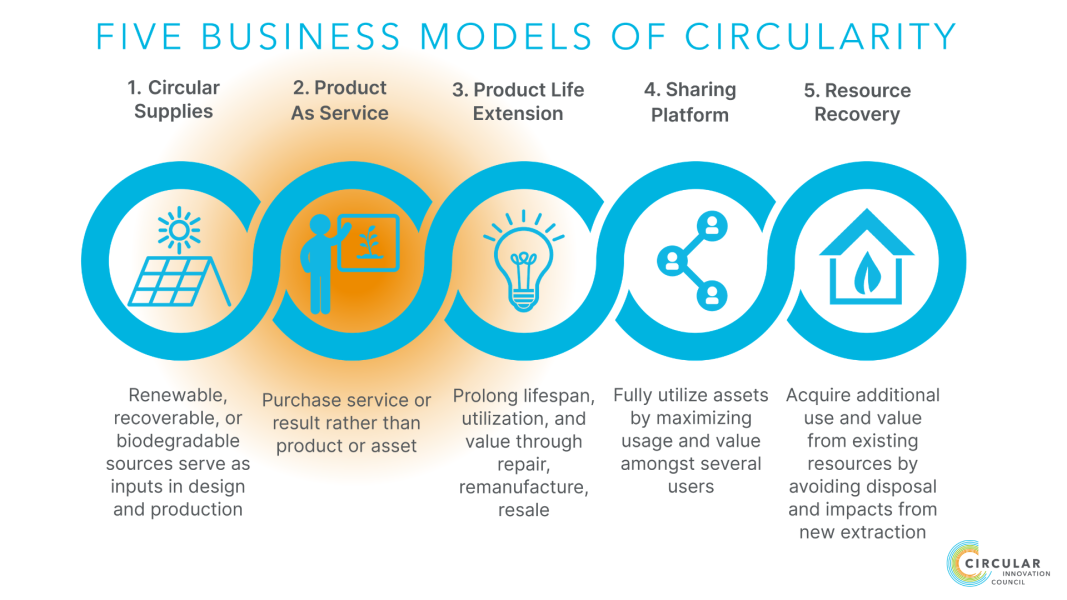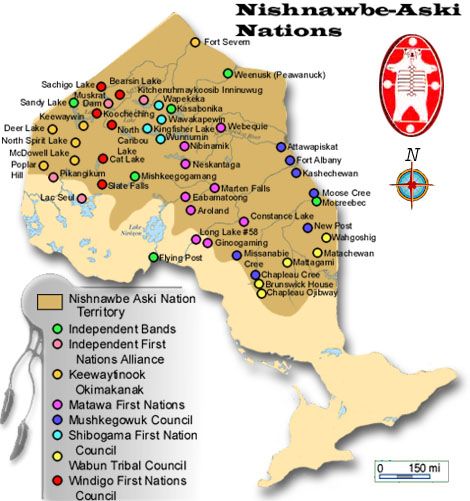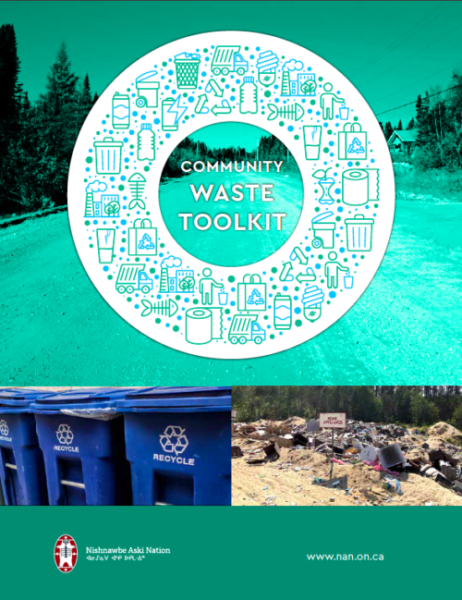
Mitigating climate change impacts, and protecting and preserving waterways and lands are central to First Nations values across Canada. Yet many First Nations lack the infrastructure to practice and implement those values. To enhance quality of life for residents in Northern Ontario, with the assistance of Indigenous Services Canada, Nishnawbe Aski Nation (NAN) and Recycling Council of Ontario (RCO) partnered to advance circular economic and waste reduction programs in 49 First Nations.

In doing so, the organizations aimed to realize environmental, economic, and social gains of improved waste management for NAN First Nations that encompass and respect principles that align with NAN values:
By applying circular economy principles – long-term resilience, business and economic opportunity, and environmental and societal benefits – NAN First Nations will experience immediate and ongoing action to improve sustainability and the surrounding environment:
The primary role of the needs assessment is to examine the status of materials management practices within each of 49 First Nation communities that represent NAN. This includes inventory of current waste management infrastructure, programs and/or services that support them, and gaps therein. This information will be used to develop the broader strategy to support the identified economic, environmental, and social objectives
With information provided by the needs assessment a strategy will be developed that considers identified critical action areas:
The strategy will set out implementation plans for each of the critical action areas, with details regarding budgets, human resources, roles and responsibilities, timelines, and reporting. The strategy will also provide project plans for each of the key areas to guide implementation and reporting structures. Each area will identify partners and community engagement strategies.
It will indicate what resources and expertise are available within NAN communities, and what assistance may be needed from other sources. In that regard, the strategy could identify and look to leverage successes in other municipalities or private sector experts.
The strategy may also include reporting structures that provide resources to other First Nations to share knowledge and experience.
The implementation phase will deliver on sub-plan for each of the critical action areas, and will include specific objectives and management plans for with clearly defined deliverables and completion dates. Implementation may have overlapping projects and varying timeframes. Each sub-plan will have individual reporting structures.
On March 27-28, Nishnawbe Aski Nation hosted an Environment, Climate Change, and Housing symposium in Thunder Bay to bring together community experts in the areas of community infrastructure, housing, and environment. RCO had the opportunity to lead a full day session full of knowledge sharing on waste management and litter in NAN community.
The day was structured into three sessions, each engaging on various waste management topics and providing learning opportunities for communities.
In August 2019 we joined NAN on a community visit and waste assessment at Wunnumin Lake First Nation, a remote fly-in community north of Thunder Bay. The assessment, conducted by Ecologix Recycling examined the current waste management infrastructure within the community for the needs assessment component of the Waste Management Initiative.
The assessment included interviews with community members, Northern Store manager, Council members, and local recycling champion to gather information on how waste in managed, how materials get into the community, and overview of current infrastructure. NAN and Ecologix Recycling, with advisory support from RCO, is working to develop a recycling program in the community. Transportation is often the biggest hurdle for getting materials out of remote communities; however, changing seasons can provide opportunity to haul recycling out on winter roads.
The visit was an excellent learning opportunity for RCO, which will help our current and future work with NAN communities and First Nations across Canada.
Management of solid waste can be a challenging issue for many First Nations communities. This toolkit has been developed to help communities in making improvements in the way their waste is handled based on the needs and challenges they are experiencing.This toolkit is a resource of the Waste Management Initiative, a three-phase project of the Nishnawbe-Aski Nation and Recycling Council of Ontario. The toolkit has been prepared by EcoSuperior with support from Recycling Council of Ontario.

We respectfully acknowledge that we live, work and play on the traditional territory of many Indigenous Nations and we humbly extend our respect to Indigenous individuals, communities and Elders, past and present, as the traditional custodians of this land.
Circular Innovation Council is a registered charity.
Charity Registration Number: 119112118 RR 0001